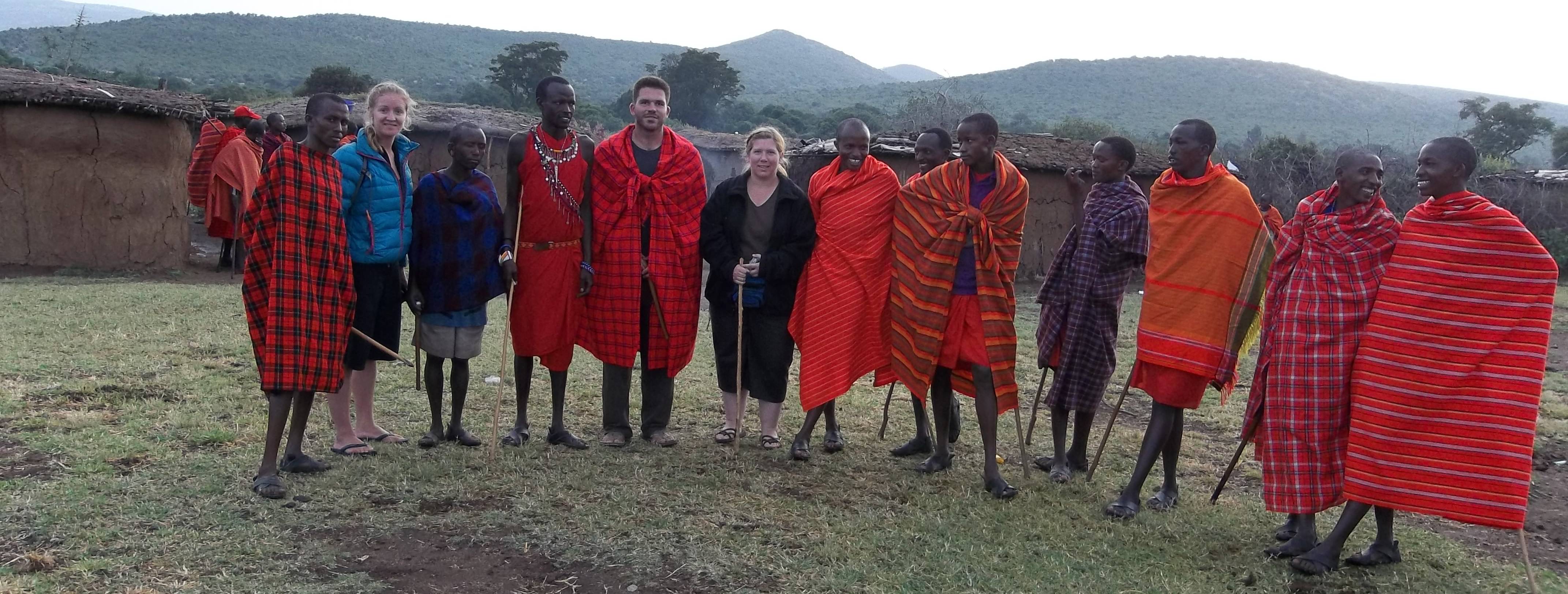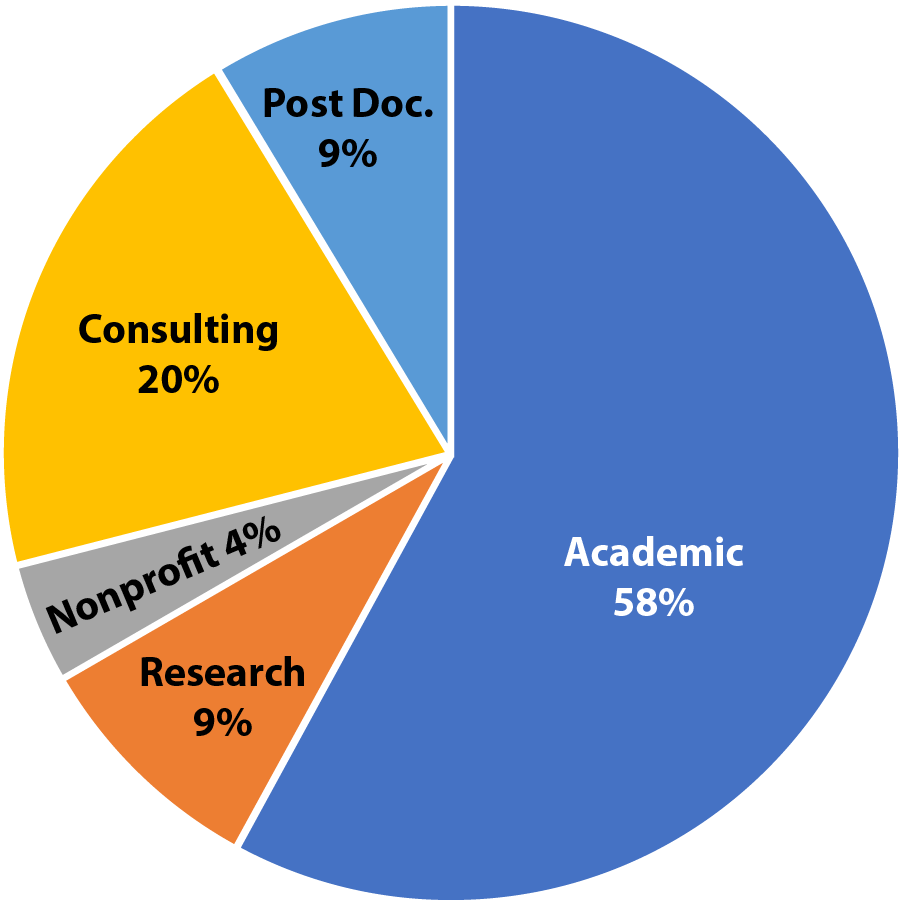Prospective Students

The doctoral program in Environmental Dynamics began in 1998 at the University of Arkansas, Fayetteville. Environmental Dynamics is the study of complex interactions between natural systems and human activity. It requires an interdisciplinary research approach and integration with the power, efficiency, and economy of advanced geospatial computing technologies.
This program is unique because of its focus on interdisciplinary environmental-sociocultural study which involves integrating state-of-the-art technologies to chart interactions of human and natural systems over time and space emphasizing socially relevant research. These studies include:
- Natural and social impacts of global climatic change
- Impacts of rapid economic development on environmental quality
- Landscape evolution and degradation, natural hazards, watershed sciences
- Soil erosion
- Nutrient depletion.
The program is an outgrowth of many years of successful research in human adaptations to past and present environments by faculty of the J. William Fulbright College of Arts and Sciences and collaborations among departments across the University of Arkansas. The program is staffed by faculty from the departments of
- Agricultural Education, Communications & Technology
- Anthropology
- Architecture
- Biological Sciences
- Biological and Agricultural Engineering
- Communications
- Chemistry
- Crops, Soils and Environmental Sciences
- Economics and Agri Business
- Geosciences
- Resiliency Center.
Faculty from other departments and colleges sharing an interest in human and natural ecology or paleoenvironmental studies also participate in the program.
Associated research institutes and laboratories include:
- Center for Advanced Spatial Technologies (CAST)
- Arkansas Water Resources Center (AWRC)
- Tree-Ring Laboratory
- Bioarchaeology Laboratory, the Archaeology
- Arkansas Archaeological Survey.
View the entire University of Arkansas Graduate Catalog .
Where do our Environmental Dynamics PhD graduates work?
END Graduate Job Outcomes

A pie chart demonstrating the wide range of occupations available to those graduating from the Environmental Dynamics interdisciplinary doctoral program.
- 58% in Academic jobs
- 9% in Research positions
- 4% in the nonprofit sector
- 20% in Consultanting
- 9% in Post-doctoral positions
